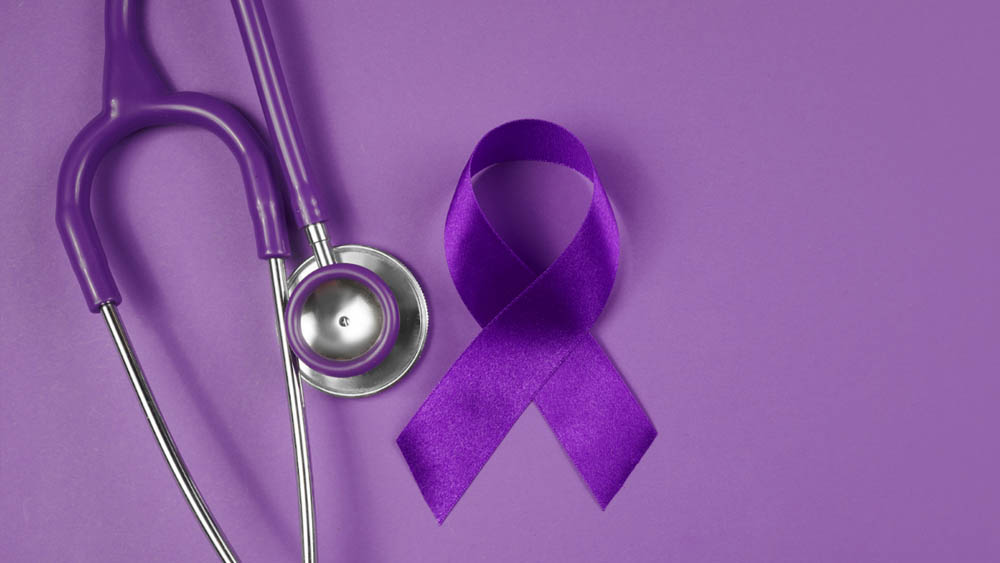June marks a full month dedicated to raising awareness, providing resources, and advocating for equitable healthcare for patients living with the complicated, misunderstood, and often misdiagnosed disease that plagues roughly 11% of women and 1% of men.
While research, technology, and treatment advancements have come a long way since the fat deposition disorder was first diagnosed in 1940 by Mayo Clinic physicians Dr. Edgar Hines and Dr. Edgar Allen, there is still a long way to go.
What is Lipedema?
Lipedema, which literally means “fluid in the fat,” is a debilitating disorder that disrupts the healthy function of the vascular system and leads to abnormal fat deposition. Lipedema generally affects the lower body, specifically the buttocks and legs, oddly sparing the feet.
Only in the last few years has the perplexing disorder garnered attention, bringing hope, help, and health to those disproportionately affected by its life-altering effects. Lipedema is believed to be genetic and triggered by hormonal fluctuations and milestones of a woman’s life, such as puberty, pregnancy, and menopause. It progresses in stages that result in painful and lumpy fat, limited mobility, and weakened the quality of life.
Unfortunately, many women with lipedema are still being misdiagnosed and maligned as being obese. Excessive exercising and extreme dieting doesn’t move the needle to improve their condition. Though there is still no definitive cure, the only viable, long-term treatment option is surgical intervention. The signature MLE (Manual Lipedema Extraction) technique developed by Dr. Jamie Schwartz of Total Lipedema Care can help.
Standing Up for Those Living with Lipedema
For those living with the incurable, chronic fat deposition disorder, seeking a supportive network of friends and like-minded “lippies” is imperative to help manage the emotional toll the disease can take. For lipedema patients, regular medical visits and treatments are essential for long-term management. These treatments help reduce everyday pain, swelling, and tenderness while preventing physical deformity and the risk of immobility. Managing lipedema is a lifelong commitment to maintaining mobility and overall well-being.
For those who have a loved one with lipedema, there are several things you can do to make a positive impact on their way of life. Donating to reputable, non-profit organizations, such as lipedema.net and lipedemaproject.net, is a great start.
These tireless organizations seek to provide infinite ways of support through conferencing, meet-ups, and online interventions. They offer the latest news, technology, resources, and medical advancements that can help those living with lipedema lead as normal a life as possible.
These groups are always on the cutting edge of disseminating the latest and greatest in increasing awareness of this chronic condition that is still considered a medical mystery by most accounts.
Getting Ahead of the Curve
If you think you may have early-stage lipedema, it’s important you visit a doctor or surgeon who specializes in treating fat-related disorders. This will help you navigate your medical journey and help keep your condition from perilously progressing.
Part autobiographical journey, part informative online resource, They’re Not Cankles (theyrenotcankles.com), has a flair for fun and hard-hitting humor geared specifically towards women with early-stage lipedema.
Dr. Jaime Schwartz, a leading expert in lipedema treatment and a passionate advocate for women living with this condition, has made impactful guest appearances on the lipedema-focused site. Known for his compassionate care and bold advocacy, Dr. Schwartz is helping women everywhere navigate the challenges of lipedema.
His contributions are a valuable resource, and if you haven’t checked out the site yet, it’s worth a visit for a candid, refreshing take on the real-life journey of a young woman living with lipedema.
How Will You Raise Lipedema Awareness This June?
June is a key month for lipedema awareness, and we want to hear from you! Do you have creative ideas for spreading the word and helping the community? Whether you’re thinking about hosting an awareness event, sharing your personal story, or using social media to highlight lipedema, we want to know how you plan to contribute to the cause.
Our lipedema community thrives on support, collaboration, and fresh perspectives. What unique ways can we raise awareness that weren’t mentioned here? Share your ideas, and let’s work together to make lipedema awareness a global conversation. Your voice matters, and we are excited to hear your thoughts!
If you believe you may benefit from lipedema revision surgery, we encourage you to schedule a consultation with Dr. Jamie Schwartz. During your appointment, he will assess your current physical condition, as well as your medical and lipedema surgical history. To book your consultation, contact us to speak with one of our compassionate, highly knowledgeable staff members.

